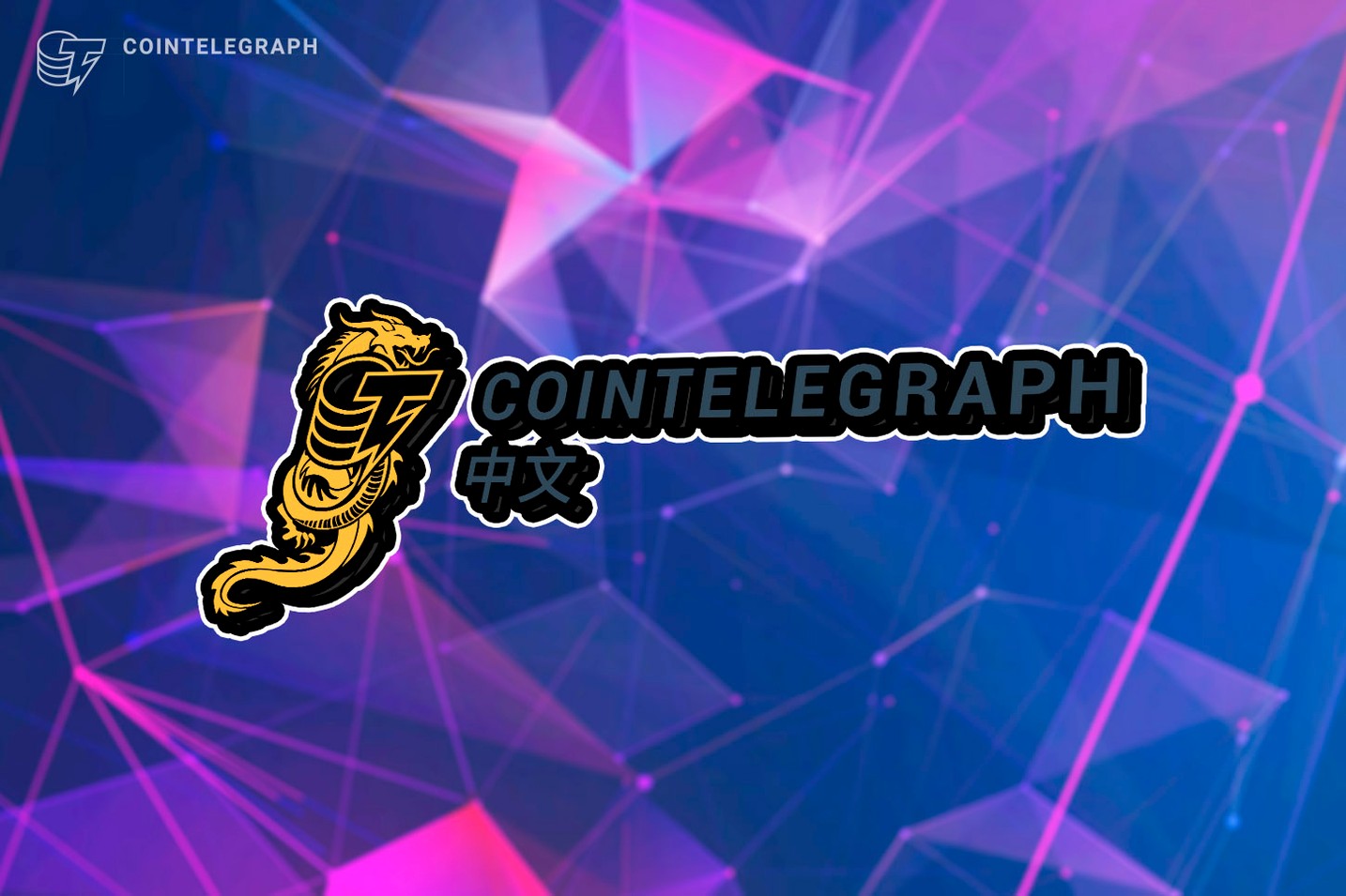On Sept. 28, the “POW’ER 2020 DEFI Innovators Summit” was hosted by Mars Blockchain in Shenzhen. At the summit, Fred Wang and Feng Bo, the founder of Dragonfly Capital, had a fireside conversation titled “Sandbox Games and Navigator.”
During the conversation, Wang revealed for the first time that Mars Blockchain will launch the MINT lending protocol in October and that it’s currently in the testing phase. According to Wang, the MINT project is fully compatible with Aave in the protocol layer. It also kept the essence of the user-friendly interface of Aave.
The “POW’ER 2020 DEFI Innovators Summit” is the largest DeFi professional summit in the world, and the main guests at the summit will be: Sergey Nazarov, the founder of Chainlink; Sam Bankman-Fried, the founder of FTX; Sergej Kunz, the CEO of 1inch; Stani Kulechov, the founder and CEO of Aave; Robert Leshner, the founder of Compound; and Jeff Ren, the founder of Nsure.
As a well-known Chinese entrepreneur and investor, Wang founded the Linekong, which was listed in Hong Kong in 2014. Meanwhile, as the founder of Mars Finance, he also launched a consensus lab and invested in more than 100 blockchain projects. To Chinese blockchain practitioners, such a triangular business portfolio is somewhat similar to the Digital Currency Group.
According to Wang, the original development plan of MINT, or the Mars Clouds Mine, has already gone through nearly one year of development. It has completed the ecological scene layout, and it provides technical services related to BTC, ETH and Filcoin by a one-stop computing service platform. Wang continues that in August of this year, it integrated with the DeFi mining pool, which is handled by the Mars Investment Research team.
The Mars Cloud DeFi mining pool focuses on liquidity mining and vault core assets, optimizes the complex transition process of DeFi into CeFi with a better user experience, and provides users with no gas fees, high yield and a one-stop crypto asset mining service. By providing new services, as well as backing a large number of Bitcoin, Ether and other miners, the Mars Blockchain ecosystem is capable of providing decentralized mortgage services for its users.
However, bullishness on DeFi is one of the reasons that prompted Mars Blockchain to enter the decentralized lending market rather than the business foundations.
Liquidity mining completely ignited the DeFi market this summer, greatly increasing DeFi’s appeal in the blockchain market. During the DeFi boom, many people saw the bubble to be caused by liquidity mining. Wang, meanwhile, did not let these speculations damper the company, saying:
“At the moment, we are more interested in how to accelerate the landing application of DeFi regardless of any ‘bubble,’ that is, how to serve the investors who have a need for DeFi and how to help those customers who have borrowing needs and provide them with the right products.”
“Recently, many people around me believe that the liquidity mining bubble is going to burst. Even though the first half of DeFi is over, many people still desperately hype NFT. I don’t agree with this. Rather, I think the industry is just beginning to enter the phase of how to build a sound and functional DeFi ecosystem for users. We can’t say that DeFi will end if we don’t hype coins.”
At the same time, Wang pointed out that investors should not judge assets by TVL alone, not to assert that the first half of DeFi is over, and not to interpret DeFi as a speculative market.
Wang went on to say:
“We should embrace liquidity mining, but I don’t think that is the core driver of DeFi growth. User demand and a large number of native crypto assets are the core thrust to accelerate the rise of DeFi. Crypto assets are now growing in size. A recent study by the Cambridge Centre for Alternative Finance showed that the number of users using crypto assets was around 35 million two years ago and is now over 100 million — an increase of 189% in two years.”
About Mars Blockchain
Mars Blockchain is a very influential blockchain industry group in China. In September 2019, the latest round of financing garnered $200 million and was completed by Binance and Wu Jihan, the CEO of Bitmain.
